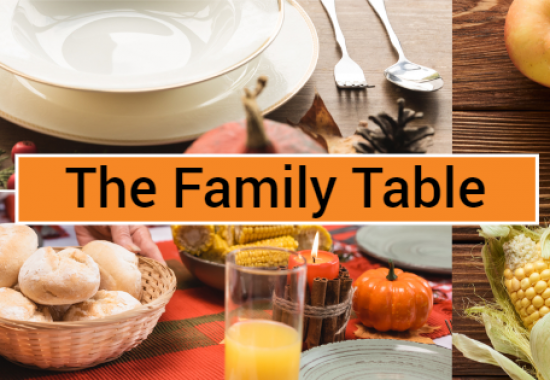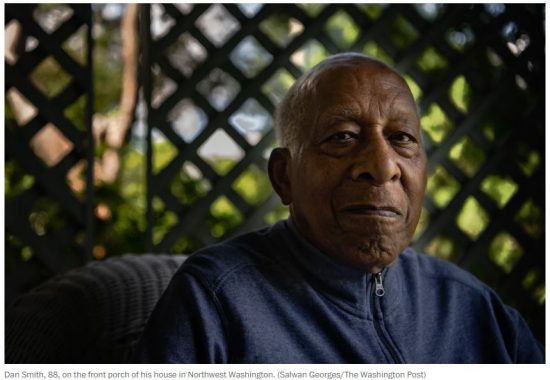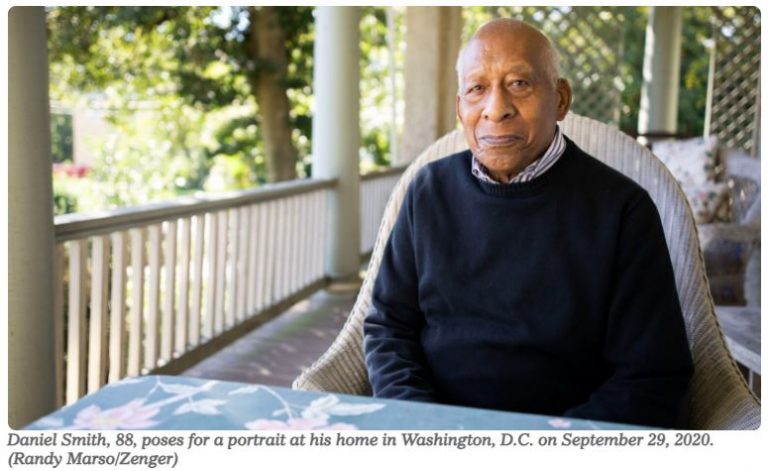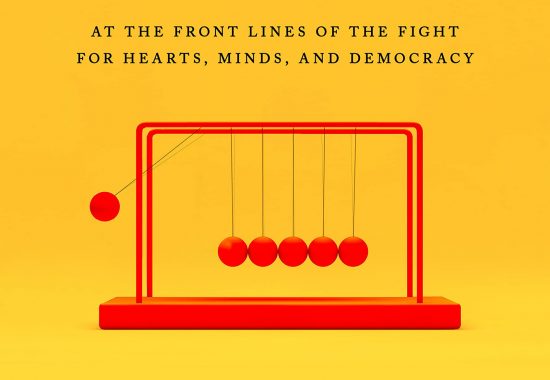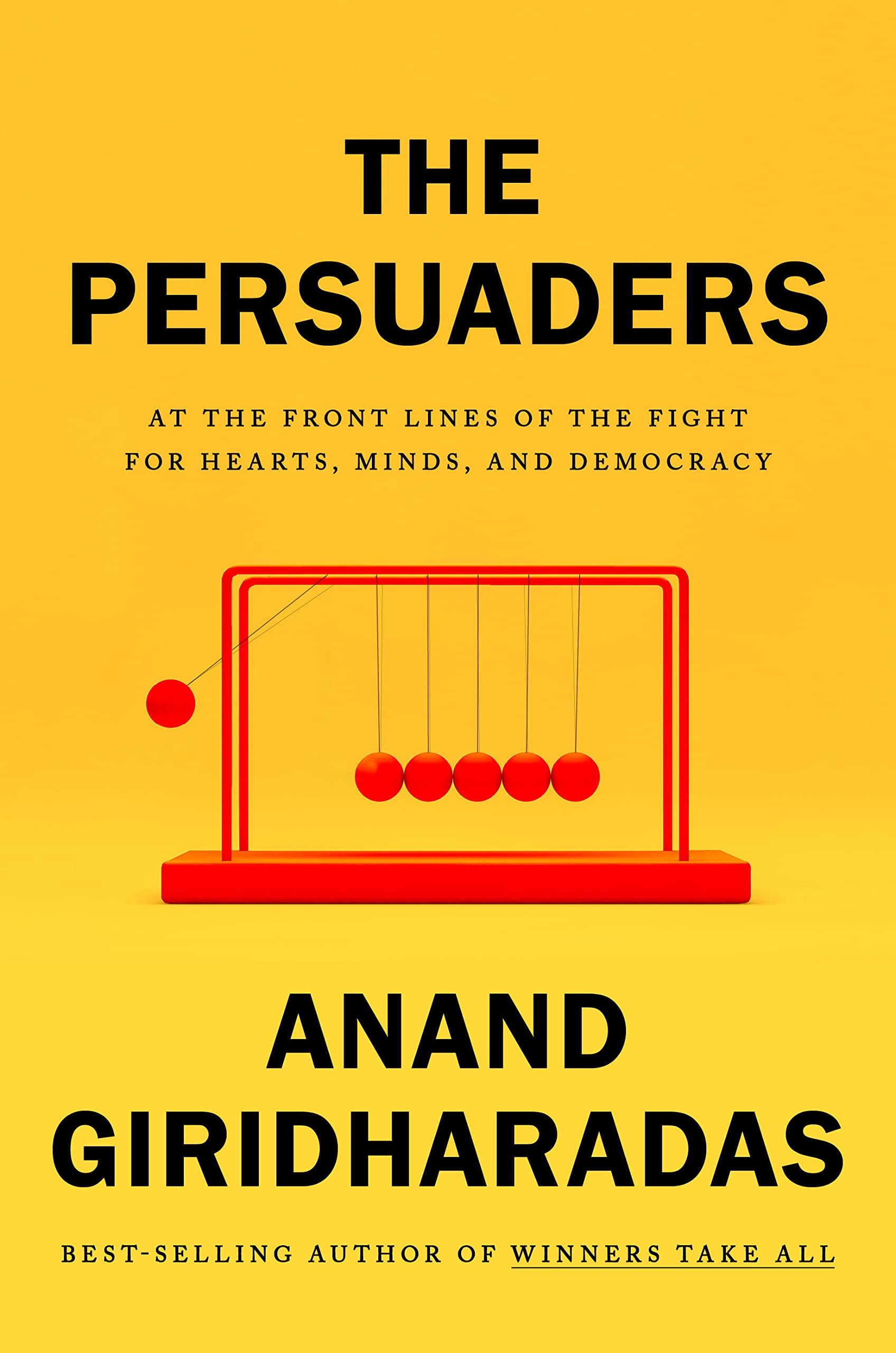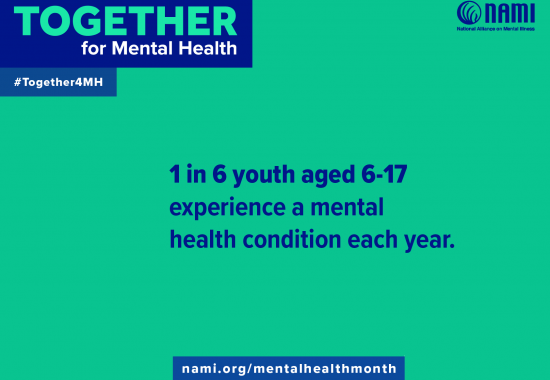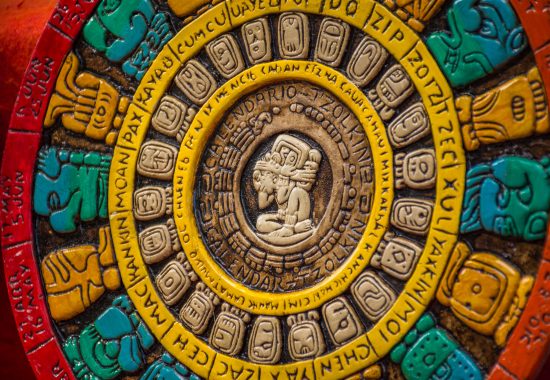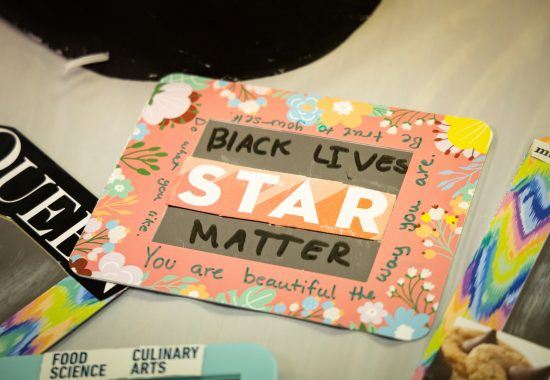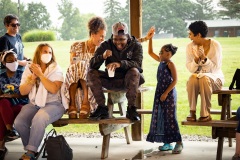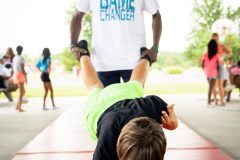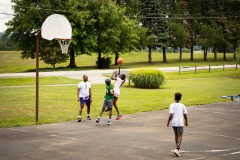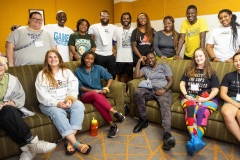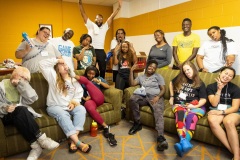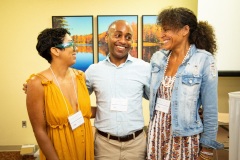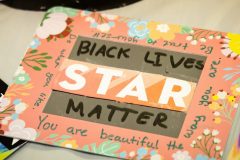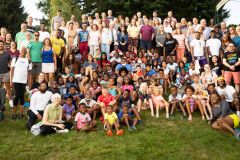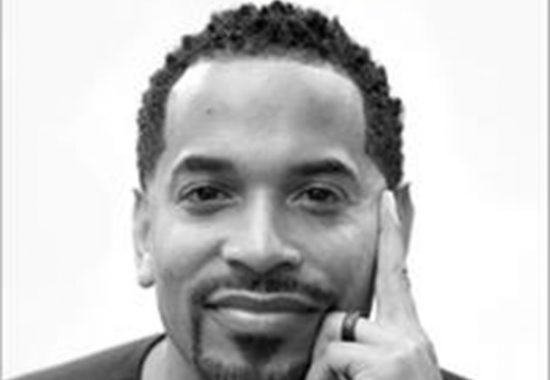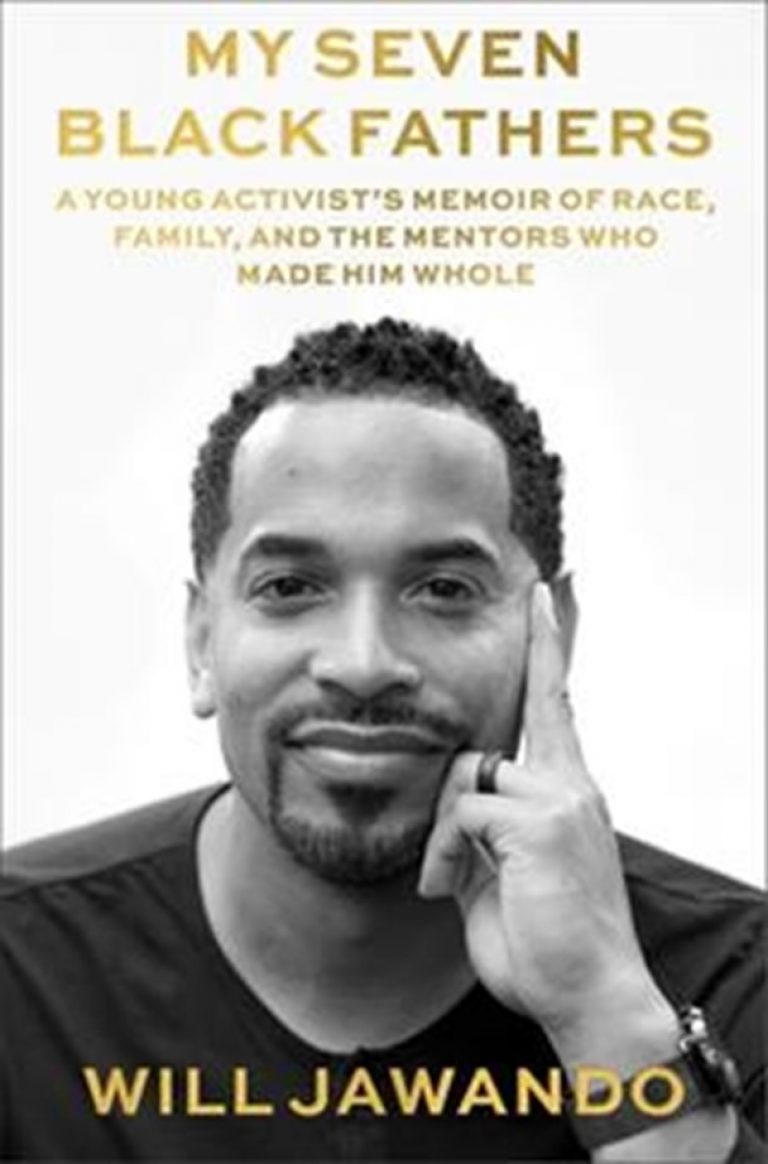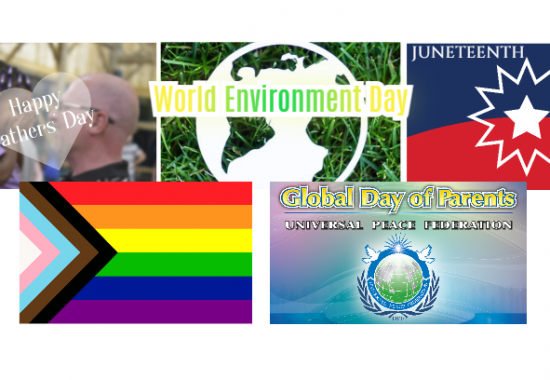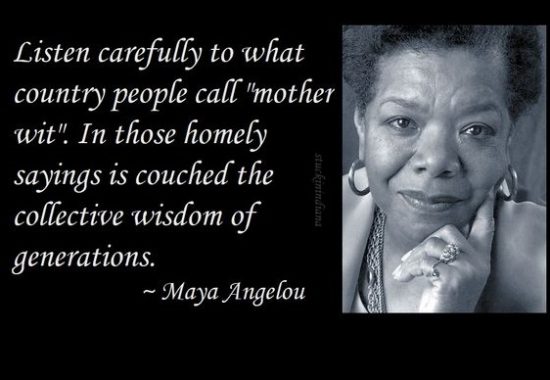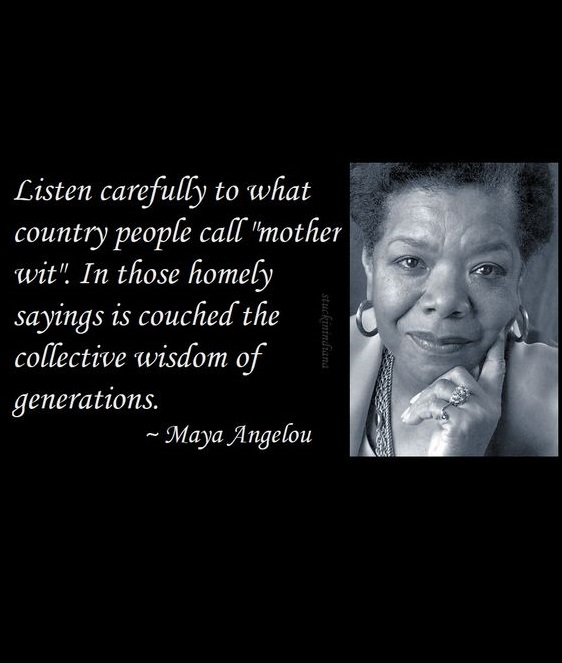author: Avril McInally
Our November theme is all about family and nourishment but not simply about food and what we eat, but how we nourish our understanding of the uniqueness of our families and in service of the children we are entrusted to care for and love.
This month we center on both Thanksgiving and National Adoption Awareness Month (NAAM)! This year NAAM’s theme is “Small Steps Open Doors”. One step we can take as adoptive parents is to participate in the online training available from the National Training and Development Curriculum for Foster and Adoptive Parents. This curriculum,
“is now available and free to States, counties, Territories, Tribal Nations, and private agencies. The curriculum encompasses more than 38 themes that include contributions from adults who have experienced foster care and address topics such as parenting in racially and culturally diverse families, trauma informed parenting, and maintaining a child’s connections.”
Thanksgiving and NAAM
At the intersection of Thanksgiving and National Adoption Day, which is held annually on the Saturday before Thanksgiving, while we traditionally center on the joy we also need to make space for the challenges that come to our literal and figurative table. Days commemorating adoption, as well as the history of Thanksgiving, can be challenging for those of us who have been adopted as well as for indigenous people in the United States. We, as families formed by transracial adoption, have a unique and lived perspective of coping with related challenges in this nation. As we continue to move through the more complex layers of our modern lives, we can ask ourselves an important question - how can we celebrate or commemorate Thanksgiving and NAAM? Related post: Adoption: A Three-Sided Coin
Deciding What Holidays to Celebrate
In the past, we’ve shared thoughts about Juneteenth and Independence Day, and how different families decide to celebrate one holiday over the other. What we choose to put on our calendars and how we choose to celebrate or give a moment’s grace to our anniversaries is personal to each one of our families. This year, we encourage all families to work on threading the strands of National Adoption Day and Thanksgiving together at the Thanksgiving meal. Let’s give thanks for family, honor the adopted children entrusted to us, and continue to process the history of Thanksgiving and how it plays out in our lives today. As children advance and grow, we can encourage conversations and connections to adoption and differences of race. Regardless of how old children are, there is an opportunity to explore the important elements of identity and connection.
This post is from our November, 2022, newsletter. If you would like to get our newsletter in your inbox each month, please subscribe.

